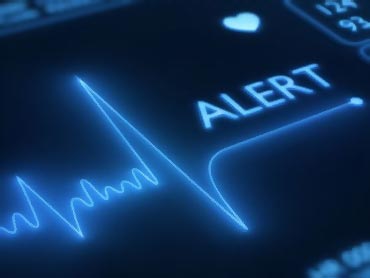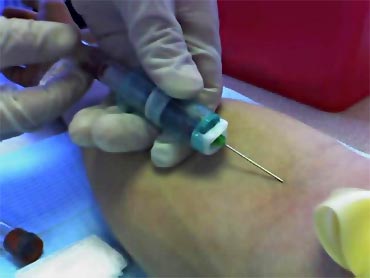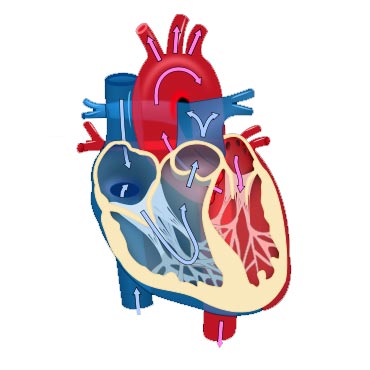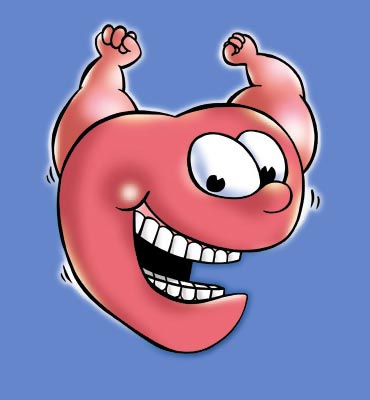
There are a number of heart tests that will give you an idea of your cardiac condition. The EKG is one such machine that evaluates your breath rate, pulse rate, and blood pressure. This stress test gives an idea to your physician about the health of your heart. As compared to men, women have a lesser tendency to attract heart ailments.
There are new discoveries that take place in the field of medicine.
Here are five must-do health checks to save your heart and life...
is one of the most trusted source of information about good health and wellness. To those who want to manage their health themselves, LifeMojo provides necessary information, tips, tracking tools and support to help them stay informed and motivated.

Imaging and blood tests
The cardiologist may suggest imaging tests in addition to the normal stress test. These tests can help identify the heart condition. The doctor will give you a correct picture of your heart's condition and whether you are at a risk of attracting any coronary or cardiac ailments.
Some of the other heart tests that can help identify a particular heart ailment are cardiac calcium scoring, Carotid Intima-Media Thickness Test, High-Sensitivity C-Reactive Protein Test, Advanced Lipid Profile, and Lipoprotein-a Test.
Click NEXT for more

Cardiac Calcium Scoring
This test helps in identifying the plaque in the arteries. With the help of an EKG, the physician will be able to monitor the heart beat. This generally takes about 10 minutes. The calcium scoring test helps in predicting chances of any heart attack in the near future.
It gives a warning for any coronary artery disorders. When the problem is detected early, the individual will be in a better position to take the right steps and work towards dealing with the problem.
People who are 50 years of age and above are generally recommended to take this test.
If there is heredity of cardiac illnesses in the family, the tests are recommended for younger individuals as well. As it involves x-rays, it is suggested that pregnant women should refrain from undertaking this test.
Result analysis
This test was developed by Dr Agatston. If the score of the individual is zero, it means he or she has absolutely no risk in the coming 5 years. A score of 400 or so indicates that there are higher chances of the individual attracting a cardiac arrest, possibly in the next 10 years.
Individuals who score 1,000 points are surely at a risk of a heart attack within a year or so. They will need to be put on medication without any further loss of time.
Lifestyle and dietary changes
The cardiac surgeon in consultation with the dietician will advise lifestyle and dietary changes. This can help in reducing the diabetes levels and cholesterol levels. This takes care of the plaque accumulation in the arteries.
Click NEXT for more

Carotid Intima-Media Thickness Test
This ultrasound test will be able to capture both the arteries, the left and right ones, which supply blood to our brain and head. The technician applies a gel and glides the device over the patient's carotids. The test gives a clear view of the lining of the arteries.
There is no X-ray involved and hence pregnant women may also go in for this test. The thickness of your artery will be a clear indication of the health of your heart. A direct connection exists between the artery thickness and cardiac diseases.
People around the age of 40 may want to go in for these tests.
Results of the test
If the doctor finds that the arteries have aged more than your natural age, some medication and a course of treatment may be prescribed. The doctor will prescribe a diet chart, exercises for stress and anxiety reduction, and an exercise plan. Medication is prescribed for keeping the blood sugar and blood pressure levels in control.
Click NEXT for more

High-Sensitivity C -- Reactive Protein Test
This test helps measure the protein levels in the blood which normally has a strong influence on the overall inflammation in the body. The duration of the test is about five minutes. Cholesterol accumulation causes damage to the blood vessels and the flood of blood to the brain and body is restricted, creating additional stress on the arteries. This is studied through this test.
Women with high CRP levels are at a greater risk of a cardiac arrest or ailment. Belly fat (Read: 7 super effective ways to get rid of belly fat!) is very dangerous and women with more than 35 inches at their waist need to worry and work out a solution at reducing it.
Medication and exercises
The individual should take up adequate medication; opt for weight loss programmes and of course regular exercise as this will help in reducing the CRP levels.
Click NEXT for more

Advanced Lipid Profile and Lipoprotein-a Test
Conventional blood tests help in identifying the HDL, LDL, and triglyceride levels and also the levels of cholesterol. The advanced test helps in finding out exactly how big the particle is. Cholesterol particles normally join together over a period of time and become plaque which accumulates in the arteries.
This test gives a clear idea of the plaque and cholesterol levels as compared to the normal tests.
Individuals who have a family history of coronary diseases need to get this test done. Medicines generally prescribed are fenofibrate and niacin. It goes without saying that the individual needs to make changes in her/his lifestyle by going in for high fiber foods and less of fatty foods.
Exercise and brisk walking also help in controlling the cholesterol levels.
These tests can easily help a person identify a dormant heart condition and it is essential to be aware of the same, as a sudden attack can turn your life upside down.